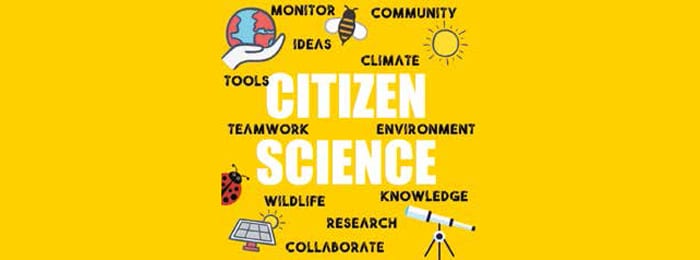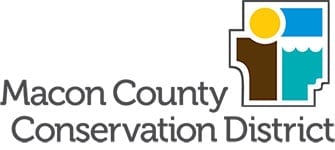
April is Citizen Science Month
April is Citizen Science Month, and is celebrated by renewing the effort to involve the public in scientific research projects. But why should we care?
Citizen Science is a collaboration between public and scientific professionals to collect and analyze data for research projects. It has pseudonyms such as: community science, crowd science, crowd-sourced science, civic science, participatory monitoring, or volunteer monitoring. Citizen scientists are not always professional scientists! In fact they can be any age, from any walk of life, with any amount of experience. All that is really needed to be a citizen scientist is curiosity and interest.
The term ‘citizen science’ was coined in the 1990s and added to the dictionary in 2014. The Citizen Science Association was founded in 2013. However, the practice of citizen science work started long before. In the late 1800s, Welles Cook established the first organized group, American Ornithologist Union (now North American Bird Phenology Program), to track bird migratory patterns. The longest running citizen science project started in 1900: The National Audubon Society’s Christmas Bird Count.
Benjamin Franklin would have been considered a citizen scientist because of his natural curiosity and tendency to track scientific events such as weather. In fact, many other historical individuals such as George Washington, Thomas Jefferson, John James Audubon, William and Caroline Herschel, Charles Darwin, and Henry David Thoreau were considered citizen scientists.
Citizen science projects are important for several reasons:
- Creates awareness on scientific topics
- Helps scientists collect and enumerate large amounts of data, and find new scientific trends
- Has different viewpoints look at problems to find the best solutions
- Creates a sense of community by offering engaging involvement opportunities to participate in
- Encourages volunteer opportunities making individuals feel a sense of inclusion on worldwide issues
Many of the projects are worldwide efforts that can have large impacts, such as: water quality, climate change, species conservation, and Alzheimer’s research studies.
The projects range in scope, from conservation, astronomy, and public and medical health. Projects can be participated in from the comfort of your home, or in the field. Many use as little equipment as a smart phone or computer.
There are lots of opportunities available for you to participate in, some which occur right here at our sites. These include Nestbox Monitoring, BioBlitzes and iNaturalist species reporting, and Feederwatch. There are many websites to find participation opportunities on citizen science projects or create your own, including these top ones: citizenscience.gov, citizenscience.org, scistarter.org, citsci.org and zooniverse.org.
We encourage you to find a project that interests you and get involved!
by Beth Lane


